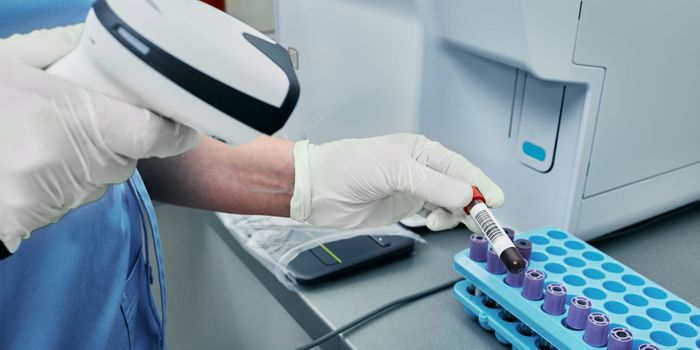For the first time, scientists used a balloon procedure to decrease blood loss during the removal of a kidney tumor in robotic surgery. The tumor had grown into a major vein.
The procedure has the potential to decrease the length of surgery from five hours to three hours.
Using a 3-centimeter balloon to block blood flow during the surgery, a team of surgeons led by Inderbir Gill, executive founder of the USC Institute of Urology, isolated a 6-centimeter tumor growing into the inferior vena cava (IVC), a critical vein bringing deoxygenated blood from the legs to the heart.
The balloon cut off blood flow within the vessel while the tumor was removed and minimized the amount of blood loss during the operation. The tumor posed specific challenges solved by the balloon, Gill says.
“About 10 to 15 percent of kidney cancer patients are diagnosed with an IVC tumor thrombus, which is a tumor that grows into the inferior vena cava,” says Gill.
“In this case, the tumor was attached to the patient’s liver by many small blood vessels. This required us to control the vessels delicately, which we could do more safely with the balloon than with standard clamping and without the need to separate the vena cava from the liver.”
The intra-IVC balloon was used to isolate the tumor thrombus in the part of the IVC close to the heart, at a section where the liver was attached to the vena cava. A clamp controlled the blood flow at the end toward the patient’s legs.
Gill says the balloon would have applications for other types of robotic and IVC thrombectomy surgery. Patient Nestor Martinez, 57, of Bakersfield, California, went home the day after surgery, Gill says.
Kidney cancer is among the 10 most common cancers in the United States. Nearly 14,000 Americans are expected to die of kidney cancer in 2015, according to the American Cancer Society. Kidney cancer tends to affect older people, with an average diagnosis of age 64.
The surgery took place at Keck Medicine of USC.
Source:
USC
This article was originally published on
futurity.org.









